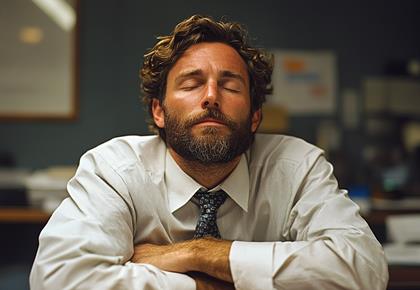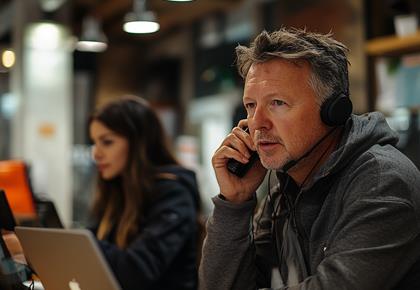This article dives into the fascinating world of startups, where past glory can spark excitement but doesn’t always guarantee a win. Curious about why that is?
1. Evan Williams
Success: Co-founder of TwitterFailure: Medium (though not a complete failure, it hasn’t reached the heights of Twitter and faced numerous challenges)
2. Biz Stone
Success: Co-founder of TwitterFailure: Jelly (a Q&A app that struggled to gain traction and was eventually sold to Pinterest)
3. Andrew Mason
Success: Founder of GrouponFailure: Detour (an audio tour company that was sold to Bose and eventually shut down)
4. Max Levchinv
Success: Co-founder of PayPalFailure: Slide (a social apps company acquired by Google and subsequently shut down)
5. Sean Parker
Success: Co-founder of Napster, early investor and president of FacebookFailure: Airtime (a video chat startup that failed to gain a significant user base)
6. Drew Houston
Success: Co-founder of DropboxFailure: Accolade (an earlier gaming console project that didn’t achieve commercial success)
7. Parker Conradv
Success: Co-founder of ZenefitsFailure: Rippling (though still operational, it faced significant regulatory and operational challenges initially)
8. David Karp
Success: Founder of TumblrFailure: UrbanBaby (a social network for parents that didn’t gain much traction)
9. Ben Silbermann
Success: Co-founder of PinterestFailure: Tote (a shopping app that was the precursor to Pinterest and didn’t gain traction)
10. Jawed Karim
Success: Co-founder of YouTubeFailure: Youniversity Ventures (an investment fund aimed at helping students start businesses, which did not achieve significant success)
Leave a comment
Leave a comment, an idea, a related blog post on X (Twitter)X (Twitter)

Are you brainstorming your way to a great startup idea? You might be doing it all wrong. Here’s what most founders miss

Starting a business to escape burnout? You might be trading one grind for another. Here’s the truth nobody tells you about being your own boss.

Paul Graham’s golden rule for startups: Do things that don’t scale. 🤔 Confused? Don’t be—here’s why your unscalable efforts today lay the foundation for massive growth tomorrow.

Myth busted: You don’t need a mountain of cash to start a business! Learn the truth behind 10 common myths about entrepreneurship

STOP blaming inflation! Discover the types of inflation, why some are necessary, and what really drives prices up.

Worried about robots taking over? Let's flip the script! See how AI is actually enhancing 10 key job sectors for the better. Curious?

